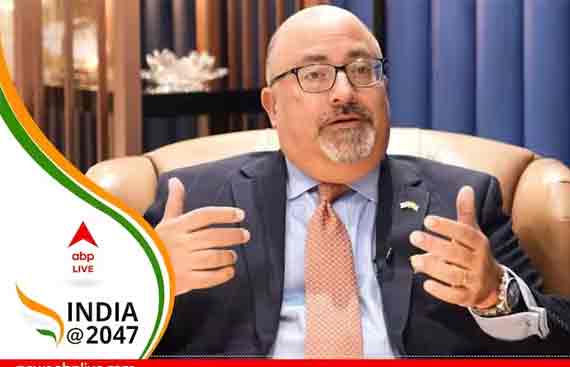US Trade Body Finds India More Expensive Than Other APAC Nations

Atul Keshap, president of the US-India Business Council says American firms expect greater ‘transparency, predictability’ in policies in the upcoming Union Budget 2023.
At the US Chamber of Commerce, the President of the US-India Business Council (USIBC), Atul Keshap remarked that American businesses still find India more expensive despite an upcoming budget which they anticipate will be more transparent and predictable. While American companies operating in India are doing brisk business there, easing regulations and increasing policy predictability will attract more US investments to India, and this will continue to be one of the main demands of the upcoming finance budget.
Investors seek business environments that are easy to operate, have transparent regulatory standards, predict regulatory outcomes, and resolve disputes quickly. This is not a complex subject. This is how Singaporeans built up a powerful economy. Individuals flocked to it when they researched the greatest regulatory practices in the world, constructed something even better, and it was well received. Singapore has more American business investments than the rest of ASEAN combined.
India has made some progress. Many businesses are ecstatic and having a great time. However, India continues to cost more compared to other nations. The cost of logistics is significantly higher. India's golden opportunity is now. India is still a little more expensive and since it's a democracy a little more complicated, despite being a reputable, stable, sizable, multi-layered democracy that is generally admired worldwide. Therefore, regulatory coherence is crucial.
Keshap praised some of the government-launched programs, including the PM Gati Shakti - National Master Plan for Multi-modal Connectivity and the National Logistics Policy, and claimed that while India's infrastructure development has advanced rapidly, attention must be paid to regulatory transparency, coherence, and predictability. India has implemented policies that have had a good global impact, such as the ban on retrospective taxation.
While a free trade agreement (FTA) between India and the US has been ruled out by the Joe Biden administration in the US, unlike what was a priority under former president Donald Trump, Keshap believes both sides can sign smaller agreements across different sectors in preparation for a larger trade pact. He added that India is presenting an encouraging face to the world concerning trade agreements by negotiating and signing significant FTAs with the UK, Australia, Canada, and the UAE, among others.
The Trade Policy Forum, which had stagnated under the Trump administration, was once again held earlier this month in Washington, DC, between India and the US. Piyush Goyal, the minister of commerce and industry, and Katherine Tai, the US trade representative, served as the TPF's chair. India lost several trade advantages provided by the US Generalized System of Preferences (GSP) program under President Trump. This was carried out as a result of the US's ongoing trade deficit with India, which is anticipated to increase to USD 30 billion by the conclusion of this fiscal year.
